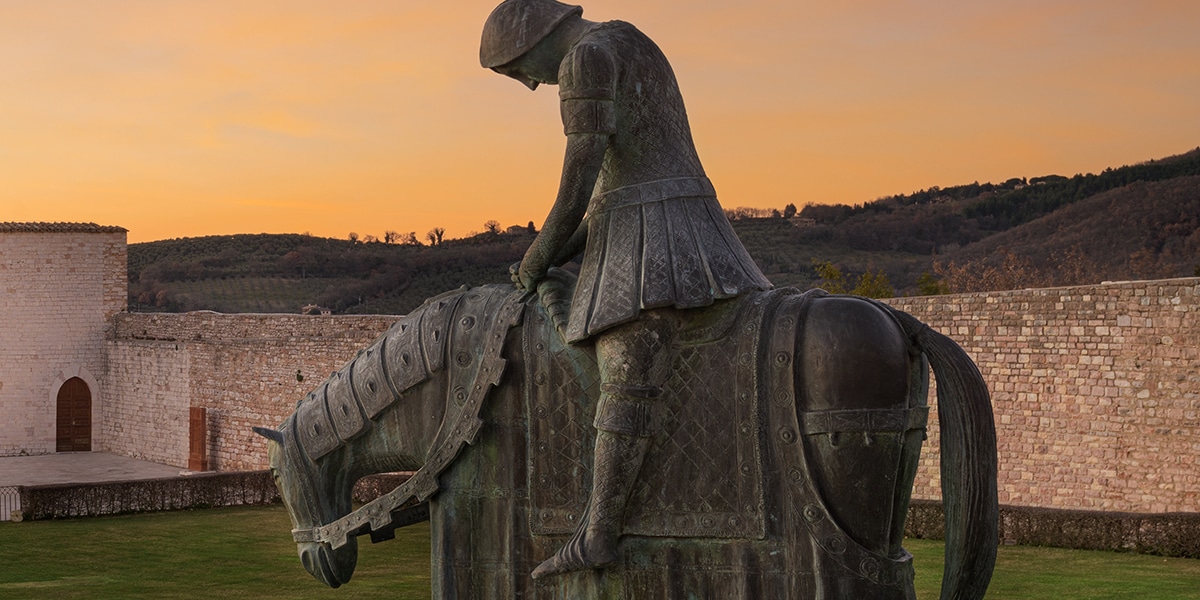Chappaquiddick
Every few months since the death of Robert Kennedy in 1968, younger brother and Massachusetts senator Ted Kennedy (Jason Clarke) hosts a reunion of Bobby’s campaign staff that includes his cousin and reluctant cleanup-man, Joe Gargan (Ed Helms), and Paul Markham (Jim Gaffigan). This time, in 1969, 29-year-old Mary Jo Kopechne (Kate Mara), the only child of a devout Catholic couple, is present too. She admired Bobby, but doesn’t know Ted very well.
When Mary Jo notices how sad Ted seems, she chats with him. Though he has been drinking, he invites her out for a drive. When she suggests they go back to the guesthouse, he heads to a beach instead and mistakenly drives off the bridge with no guardrails. The car flips over and sinks. He escapes, but Mary Jo does not.
Ted knows right away he is in trouble. He is concerned about what his elderly father, Joe (Bruce Dern), will think of him, his chances for the presidency, and being reelected as senator.
Back at the guesthouse, Joe and Paul urge him to contact the authorities, but he goes to bed instead. He calls his sick father who can barely speak, but manages one word: “alibi.” The next morning, Ted begins to think of how they can spin the story by telling their version of the truth. While there is no way Ted can escape responsibility for Mary Jo’s death, he manages to survive the tragedy by admitting some facts, lying directly, and misdirecting the public and reporters.
Clarke is effective as Ted, and the supporting cast shines. Dern performs with his eyes and eerily communicates the elder Kennedy’s disdain and political ambitions for his son. Ted’s cousin expresses deep concerns, but the absence of morality and ethics—and the manipulation of the truth in private and political life—is all too real.
Not yet rated, PG-13, Peril, cowardice, dishonesty.
The Heart of Nuba
Dr. Tom Catena grew up in a Catholic family in Amsterdam, New York, played football for Brown University, earned a degree in engineering, and then decided he wanted to help people. After becoming a physician and serving in the military, he left for Africa to become a medical missionary.
This new feature-length documentary by director Kenneth A. Carlson, who played football with Tom at Brown and remains his close friend, is a deeply inspiring account of the only doctor at the only hospital for a million people in the Nuba Mountains of Sudan.
Each morning, Tom rises around 5:00. His earthly belongings are at a minimum. He heads to the chapel of Mother of Mercy Hospital—rosary and breviary in hand. After prayer and Mass if there is a priest, Tom heads out to the hospital where he will see about 300 patients: Catholics, Muslims, or followers of the traditional religion. Together with a local staff, Dr. Tom makes his daily rounds among and with the people he serves.
But as soon as the ominous sounds of Russian Antonov planes are heard in the distance, everyone who is able-bodied runs to one of the foxholes that mar the already blighted landscape. From these planes, Sudan’s president Omar al-Bashir’s soldiers dump crude bombs that maim and kill people, and destroy villages. Dr. Tom keeps a book with the names of all those who have been killed or injured as evidence against al-Bashir, who has already been indicted for war crimes against his own people.
As I watched this film, I realized I was watching a Catholic layman at work in a way that transforms society and gives hope in a bleak land. This is what it looks like to lay down one’s life for one’s neighbor.
Not yet rated, Peril, war, violence, and immense love and kindness.
Summer in the Forest
he decade of the 1960s was a time when people revolted against authority and formed small communities, recalls Jean Vanier. He founded L’Arche (“The Ark”), a federation of organizations, networks, and homes that provide housing for people with intellectual disabilities.
Vanier was a young Catholic philosopher when, in 1964, he became aware that thousands of people with disabilities were in asylums. He invited two men to leave an asylum and live with him in a small house with no running water near a forest outside of Paris. It was the beginning of a global movement.
The film follows the stories of four men in their 60s and 70s who live at L’Arche near that forest today. Michel, who suffered greatly in an asylum as an adolescent, cares for himself and loves history. A story of two residents who fall in love and become engaged is showcased. We also get to meet some Muslim residents from L’Arche in Bethlehem.
There is an ineffable and contemplative quality to this gentle, beautiful film. It asks us to slow down and notice the disabled, to live life at their pace, and to find the peace and love that humanity needs today. While not a comprehensive biography, it is a fitting tribute to Jean Vanier.
Not yet rated, References of cruelty to the disabled.








